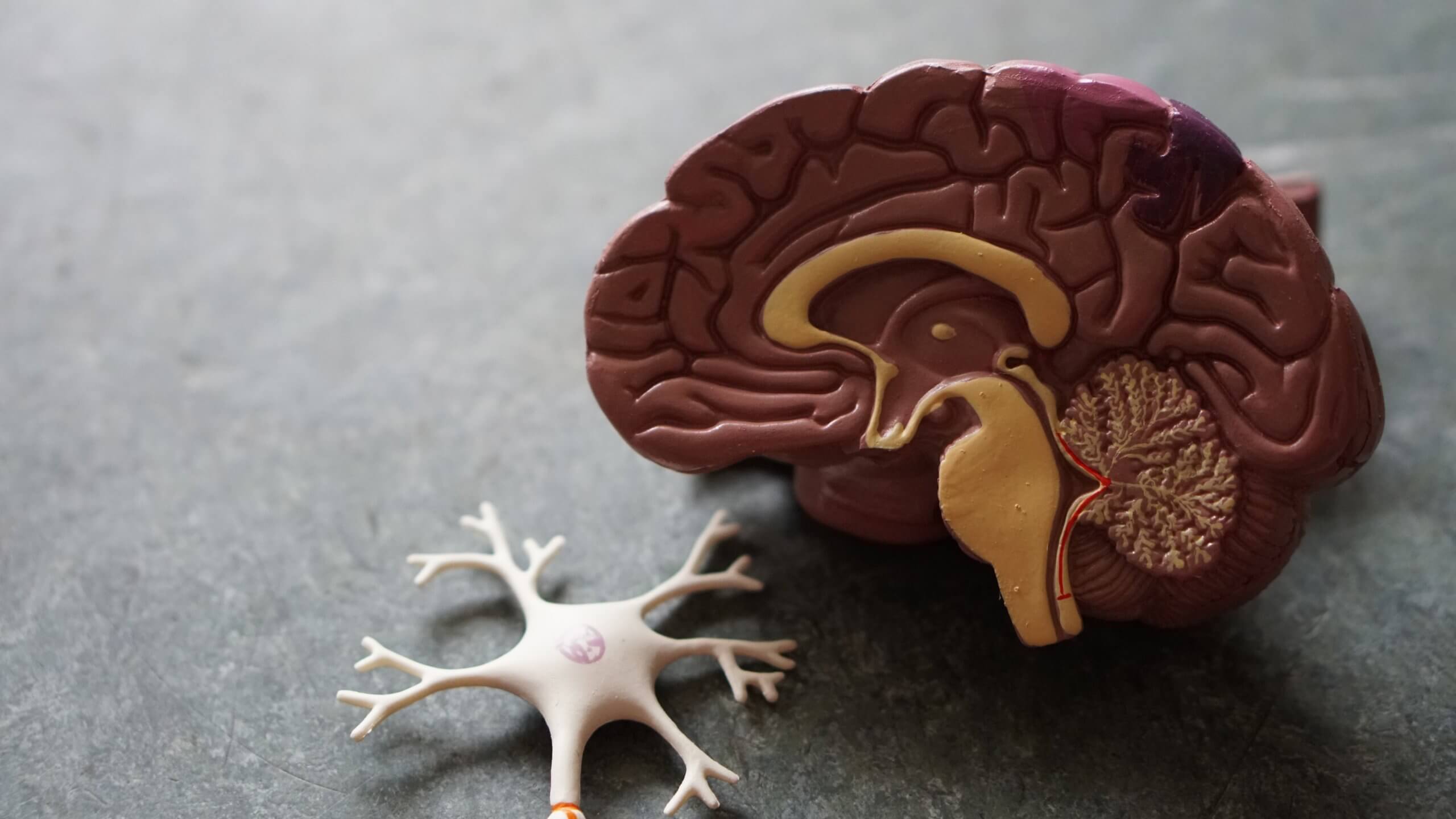Dementia vs Alzheimer's
Dementia:
Dementia is not necessarily a disease. It's actually a term for the overall symptoms associated with the decline in one’s mental ability. The older we get, the chance to develop dementia heightens. However, dementia can also be temporary and in some cases even reversible. But this is only when brought on by drug interaction or nutrition.
Due to the nature of dementia, there are several different types:
- Alzheimer’s disease
- Lewy Body Dementia
- Parkinson’s Disease Dementia
- Frontotemporal disorder
- Vascular Dementia
- Vascular Cognitive Impairment
- Mixed Dementia
Each form of dementia affects the brain differently. It also makes it difficult for the individual to engage in daily activities of life.
Alzheimer's:
The most common type of dementia is Alzheimer’s disease. Occasional forgetfulness is common as you age. However, Alzheimer’s is not a normal part of the aging process. Unlike dementia, Alzheimer’s is not reversible.
High deposits of proteins on the outside and inside of brain cells interfere in brain activity. This makes it difficult for the brain to function properly. Damage to the brain does not produce immediate symptoms and can go undetected. Diagnosing Alzheimer’s is impossible while a person is alive. There is testing specialists and doctors can do to determine whether it’s Alzheimer’s. Examining the brain in autopsy is the only way to confirm Alzheimer's. Presently, there is no cure for Alzheimer’s.
Dementia vs. Alzheimer's Symptoms
Memory Care at Renaissance Village
At Renaissance Villages, we understand what you’re going through as you care for a loved one with dementia or Alzheimer’s disease. We understand the sadness, frustration, and helplessness you may be feeling. Dealing with all this can be difficult, but please know that you are not alone in this. Renaissance Villages is here to support you and your loved one in any way that we can.


